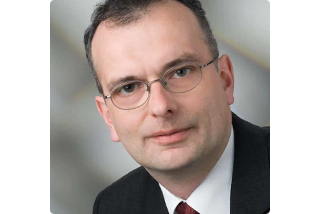Especially in times of a corona pandemic, a debate about a financial policy that is responsible in the long term is necessary, says Michael Thöne, Director of the Institut for Public Economics at the university of Cologne (FiFo Köln). It is necessary to absorb the consequences of the crisis and not repeat the mistakes of the last crisis. In a recent addendum to the current FiFo discussion paper 20-02, Thöne added this theses on the possibilities of sustainable investment in the future.
While the number of infected people continues to rise daily and social contacts are reduced to a minimum, the primary, common goal is to stem the spread of the pandemic in order to prevent overloading the health care system.
At present, the policy must offer the health services everything that is required to provide optimum care for the sick and infected. It must regulate everything that favours the spread of the virus. Thirdly, according to Michael Thöne, it is absolutely essential that financial policy provides the necessary means to contain the economic damage of the crisis.
Not only large companies are affected, but also hotels, cinemas, restaurants and generally small companies which are dependent on their regular customers. "It is already quite clear that we will incur a great deal of debt", said Thöne in the discussion paper.
The first step, fiscal aid, must be followed by economic revival as soon as the restrictions on everyday life have been eased again. At this point, it is important, when concentrating on the current crisis, not to lose sight of the long-term challenges, which are relativized by the crisis. The absolute magnitude of these challenges did not decrease during the pandemic, but rather constituted an additional, still very acute problem.
Even if at present, in order to better cope with the crisis, the two dimensions of longer-term future tasks and acute corona pandemic and economic situation are kept apart in the overall view, "in the end, the corona crisis and future tasks and investments would have much more to do with each other," says the FiFo director.
No one could estimate at this stage how severe the ultimate consequences of the corona crisis would be. However, Michael Thöne explained that it is inevitable that the soaring debt will significantly worsen the sustainability of fiscal policy.
In the end, two perspectives would emerge:
The pessimistic view assumes that the reduced problem-solving capacity means that future tasks have poor prospects. An optimistic perspective sees long-term considerations not as frustrating but as motivating and thus encourages change and modernisation. According to Michael Toene's conclusion, what perspective will ultimately come about depends on the will to act and reform on all of us.
